
Laurie Ratliff was diagnosed with metastatic breast cancer 25 years ago, and she’s continuing to beat the odds while advocating for aesthetic flat closure as a viable breast reconstruction option.
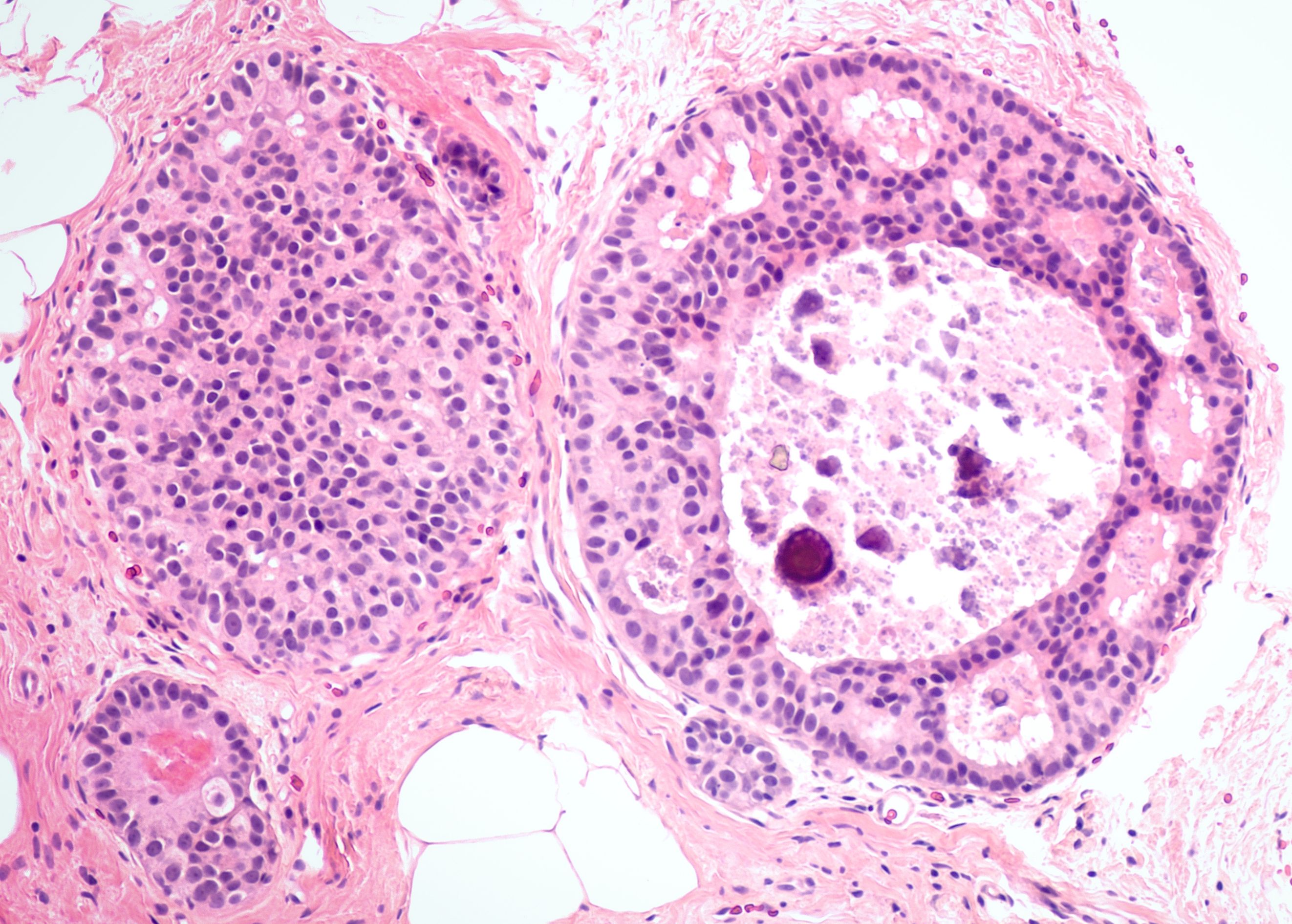
FDA accepts NDA for gedatolisib, Celcuity’s investigational breast cancer treatment

TikTok videos on breast cancer prevention from physicians, clinics, more reliable than videos from nonphysicians, study shows

Laurie Ratliff was diagnosed with metastatic breast cancer 25 years ago, and she’s continuing to beat the odds while advocating for aesthetic flat closure as a viable breast reconstruction option.

Although the primary endpoint was not met in a phase 2 study of women who used CBD before a scan, researchers say CBD does have some anti-anxiety effects.


Researchers have compiled a list of chemicals commonly found in plastics, including benzophenones, chlorinated paraffins and PFAS, known as “forever chemicals,” and they say there might be a connection to breast cancer.

Breast cancer treatment settings prove to be a good opportunity to talk about financial toxicity. These conversations can also happen in generalized healthcare, according to Laila Gharzai, M.D., LLM, from the Department of Radiation Oncology at Northwestern University.

Current financial screening procedures in the United States may need to change, according to recent research done by Laila Gharzai, M.D., LLM, from the Department of Radiation Oncology at Northwestern University.

Laila Gharzai, M.D., LLM, from the Department of Radiation Oncology at Northwestern University explains the concept of financial toxicity and how it affects breast cancer treatment outcomes.

The effects of breast cancer can remain long after the disease has left the body, serving as a traumatic daily reminder.

Stephanie Graff, M.D., FACP, FASCO, director of breast oncology at the Lifespan Cancer Institute and author of Investigating the Salience of Clinical Meaningfulness and Clinically Meaningful Outcomes in Metastatic Breast Cancer Care Delivery, shares the reasons why she chose to study metastatic breast cancer patients.

More research on clinical meaningfulness is on the way, according to Stephanie Graff, M.D., FACP, FASCO.

Stephanie Graff, M.D., FACP, FASCO, director of breast oncology at the Lifespan Cancer Institute, explains the importance of the term “clinically meaningful” and shares some of the ways it can be defined.

Although many women are living longer after a breast cancer diagnosis, inequalities persist.
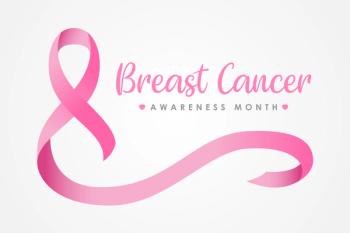
With this year's Breast Cancer Awareness Month now underway, we are sharing eight facts and updates about breast cancer that you might not know about.

Kristi Funk, M.D., FACS, discusses the current outlook for breast cancer cases worldwide, underscoring its seriousness. “I think we have to understand everything is getting worse,” she said.

Kristi Funk, M.D., FACS, medical director and co founder of the Pink Lotus Breast Center, describes why there is a lack of awareness surrounding the link between breast cancer and nutrition.

Breast cancer patients were also less likely to have a breast reconstruction than patients living elsewhere.

As supplemental screening for breast cancer becomes more common, the modeling study supplies long-term projections of how many deaths could be averted but also how many false-positive biopsy recommendations would be added.

Manuka honey inhibited the growth of breast cancer tumors by 84% in mice.
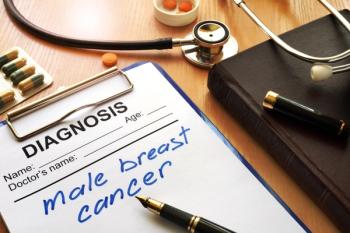
Although half of all BRCA1 and BRCA2 mutation carriers are men, cancer screening rates lag when compared with women.
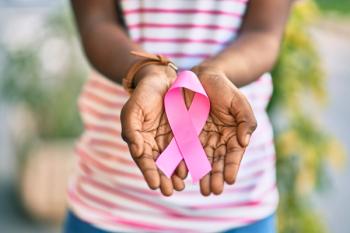
Breast cancer treatment delays can lead to a higher mortality rate and more expenses.

Experts predict that from 2024 to 2032, the breast cancer market will grow at a CAGR of 7.09%.
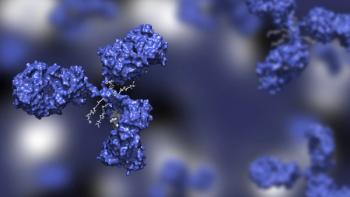
If approved by the FDA they would join Trodelvy as a treatment for triple-negative breast cancer.

The authors say their findings should not change women’s calculations about double, or bilateral mastectomy, which physicians generally discourage.

New research expands on previous knowledge that breast cancer survivors are more at risk for depression than people without breast cancer.

American Indian and Alaska Native women also had higher comorbidities and less access to private insurance than White women.